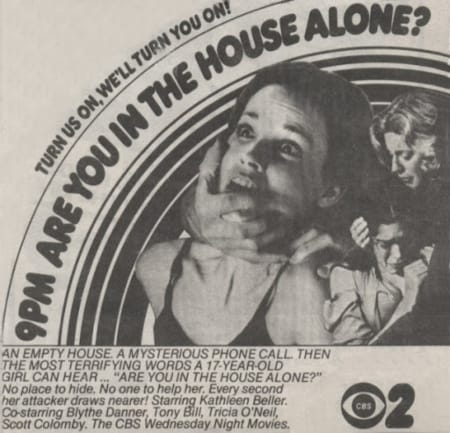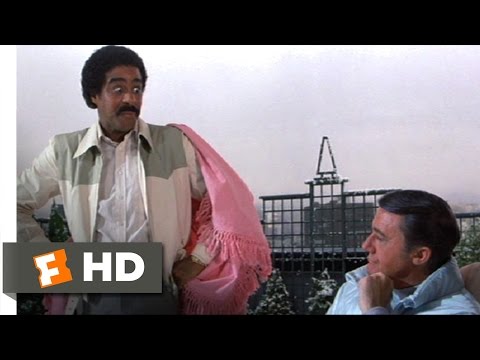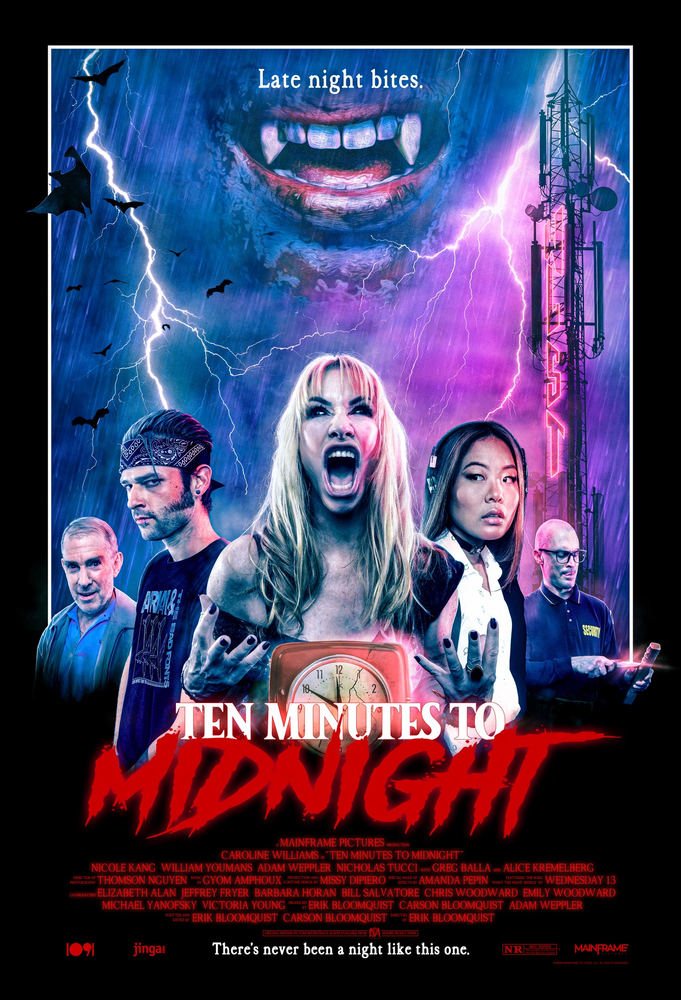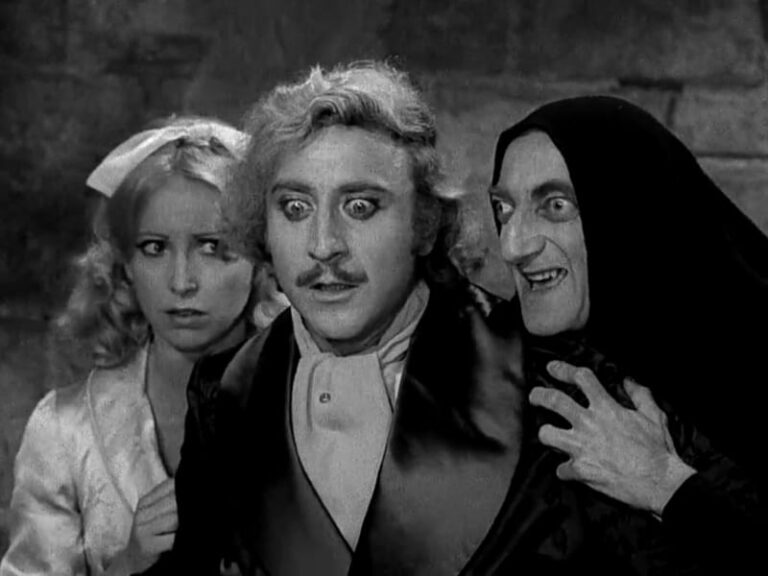‘Are You In the House Alone?’ Is a Creepy Reminder of How Society Fails Women
Welcome to 4:3 & Forgotten — a weekly column in which Kieran Fisher and I get to look back at TV terrors that scared adults (and the kids they let watch) across the limited airwaves of the ’70s.
Horror has a definition, and you should probably go Google it to see what it is. That said, it’s also something of an amorphous term as what horrifies me might not horrify you. Horror is subjective, despite the definition (that you probably still haven’t looked up), and if you’re wondering what the point of this rambling intro is, well it’s because the clear and deliberate “horror” of this week’s slide into TV horror movies from the 70s isn’t the most horrifying thing about it. 1978’s Are You In the House Alone? is ostensibly about a teenager who’s stalked and assaulted, but the lasting terror from a modern day watch is found in its observations, conclusions, and treatment of the victim.
Where: CBS
When: September 20, 1978
Gail (Kathleen Beller) and her family moved from San Francisco to a smaller town in the Bay Area in the hopes of finding a quieter, safer life, but like the song says, you can’t always get what you want. Someone’s stalking her, and while we know thanks to some POV shots as someone watches her swim, Gail herself knows because she receives a breathy phone call. Oh, and she also finds a note in her school locker that says “I’m watching you…”
Who could it be? She briefly dated a boy named E.K. upon her arrival to town, but he broke it off with her because she wouldn’t have the sex with him and he’s been acting pretty obnoxious ever since. She’s currently dating a nice guy named Steve, but he has something of a dark side when he hears about her past with E.K. Gail’s photography teacher seems cool, but he does also suggest to his high school students that they can change their personalities through photos — and then he asks Gail to show the class her sexy self. She complies only to have him reply “Gail, that’s Hollywood sexy, give us a little reality, okay?” So yeah, he should clearly be added to the suspect list. There’s also a doo-wop trio of teens singing in the school’s parking lot, and if that’s not suspicious in the late 70s I don’t know what is. Oh, and Gail’s best friend is dating the local rich kid, Phil (Dennis Quaid), who everyone loves and thinks has the perfect life so I’m not sure why I even mentioned him.
More notes follow as do some creepier calls, but no one seems to take her worries seriously. “Most of the time the girl does know who the boy is who’s bothering her,” says a school official after Gail shares one of the notes. How you ask? Well apparently girls sometimes give boys the wrong impression, and while it’s not their fault necessarily, their actions are still the instigating factor. It’s suggested that Gail might be the kind of girl who encourages it, and then she finds a photo of herself with the word “RAPE” written on it.
It’s no spoiler to reveal that the note’s promise comes true — the film employs an unfortunate in media res opening showing Gail bloodied and battered right after the attack before jumping back a few weeks — but the scene loses no power once it actually arrives. Television movies from the 70s being what they were, the scene is far from graphic, but it’s still properly horrifying. The film’s theme, though, continues post attack as she at first refuses to identify the culprit before relenting and is subsequently given even more shit and accusations of responsibility. Her best friend thinks she led the man on, her own mother states “She must have done something,” and it’s agreed that the recent loss of Gail’s virginity makes her a less reliable witness for the prosecution.
Yes, you read that right.
The sexual politics at play here continue beyond the he said/she said of the assault and power play that leaves the rapist uncharged. After going all the way with Steve after a short dating period, we see Gail looking “spaced out” in love. Such an emotional girl! And when she discovers her father has lost his job but has been driving into the city to pretend otherwise, what should be a sad beat is instead used as a lesson about women being responsible for coddling the male ego as Gail’s mother tells her not to say anything for fear of making her father feel ashamed.
It’s bonkers watching this through today’s perspective, but veteran TV director Walter Grauman’s film is a well-crafted dramatic thriller all the same. It’s an adaption of a YA novel by Richard Peck who’s best-known to film lovers as the author behind Allison Anders’ beloved Gas Food Lodging (1992). The cast do solid work too including other familiar faces like Blythe Danner, Ellen Travolta, and David Keith.
Are You In the House Alone? is an effective enough slice of stalker horror, but its lasting power comes as a cautionary tale. Things have gotten arguably better for victims in the forty years since its airing, but the system still too often defers to those with money and power. The film closes with some dispiriting news regarding the rapist — shocker, he gets off with a slap on the wrist — and a final bit of voice-over by Gail regarding a conversation she had with a female authority figure. “I asked how come the law protects the rapist and not the victim, and she said ‘because the system is wrong.’” It’s subtext made text, but that doesn’t make it any less true.
Turn the dial (okay fine just click here) for more 4:3 & Forgotten.





